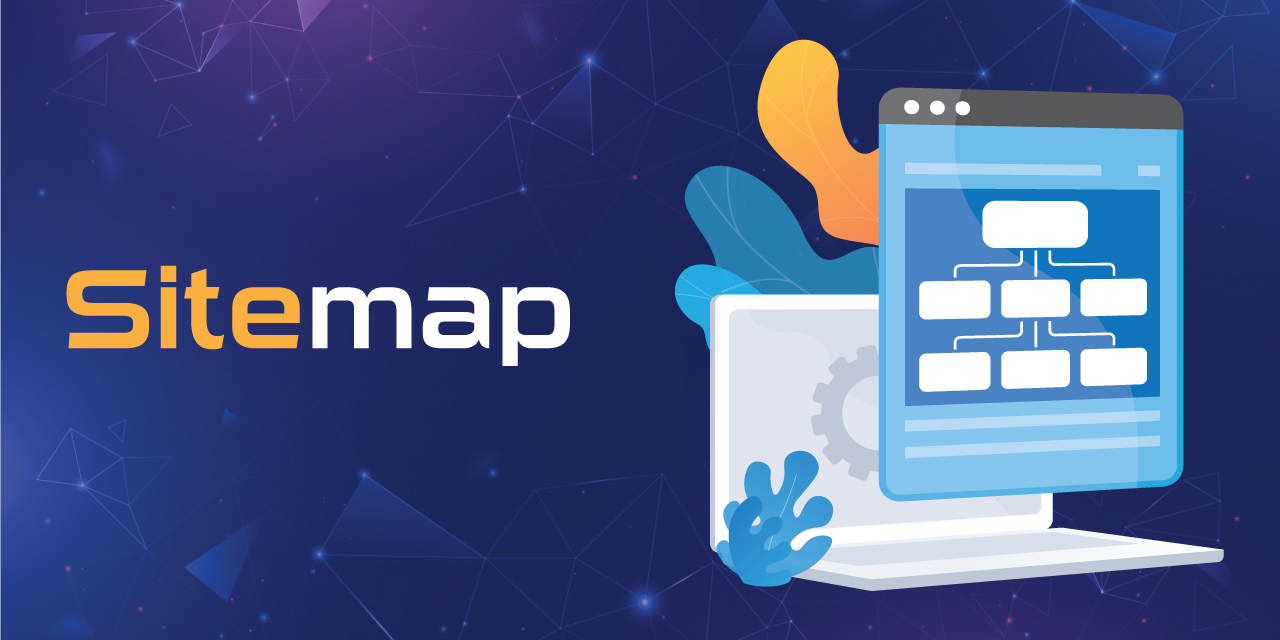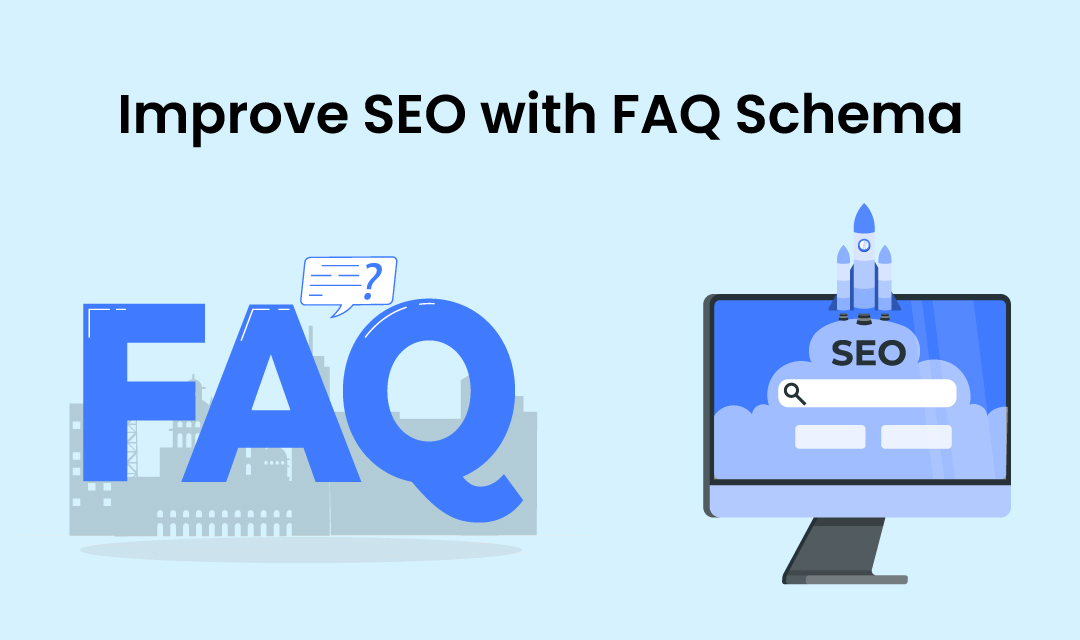
Software development businesses today face plenty of pressure and competition. One of the best ways to stand out from the competition is with quality content. Content marketing costs far less than traditional marketing and generates more leads. Great content using the right SEO strategies can get a high ranking in the search results. Software development businesses with a comprehensive content marketing strategy will be more successful than others.









